An AC dynamometer is a crucial piece of performance testing equipment used in motor manufacturing and product development. It simulates and regulates the motor’s load to evaluate its performance characteristics.
The AC power dynamometer system consists of a test motor and a four-quadrant frequency conversion unit. In addition This advanced frequency conversion technology enables precise control in all four quadrants, allowing the dynamometer to function as a test load for the motor under various operating conditions.
Econo Test offers a comprehensive range of dynamometers designed for diverse testing applications, which from internal combustion engines, moreover their components to electric and hybrid vehicle systems. Our solutions cater to small electric tools, large electric motors, off-road diesel engines, marine engines, complete drivetrains, integrated e-drive systems, electric axles, and core electrification components like EV gearboxes.
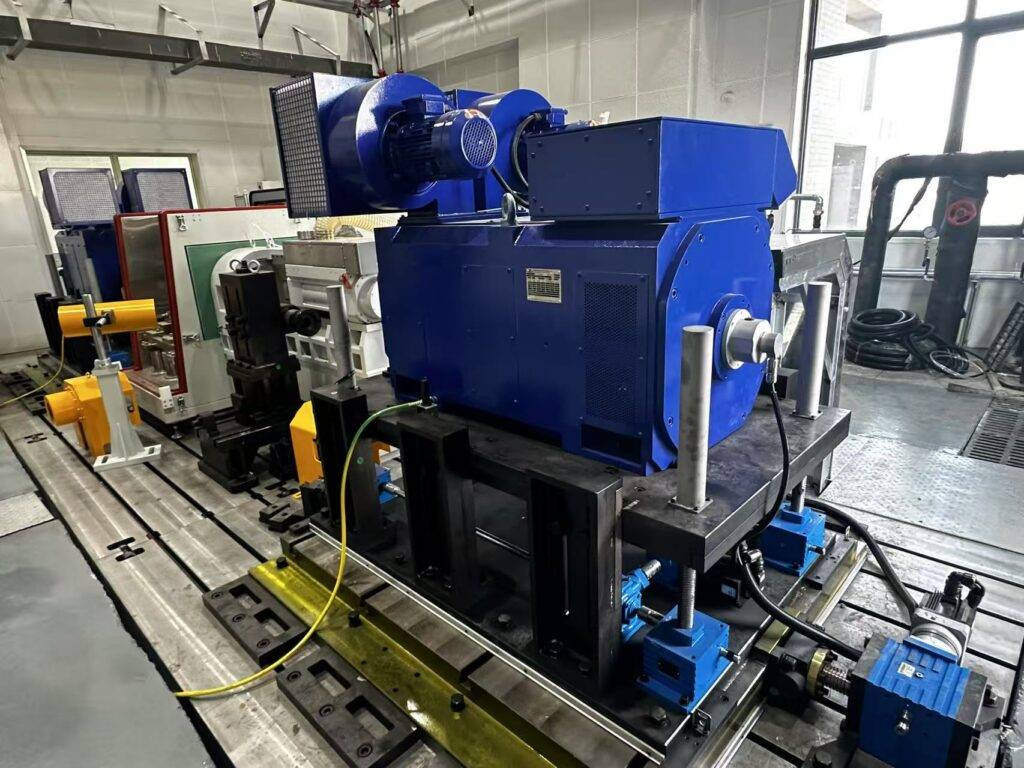
Additionally, our AC dynamometers are engineered to accommodate a wide range of engine types, from compact off-road engines to high-power industrial engines, with power capacities spanning from 10 kW to 2,000 kW. They are ideally suited for engine certification, calibration, research and development, and end-of-line testing, meeting the rigorous demands of heavy-duty applications.
No-load test, rated test, peak torque, peak speed, durability test, temperature rise test, torque fluctuation, speed fluctuation, back EMF test, T-N curve test, motor start-up test, frequency response bandwidth, driver performance test, efficiency map (MAP), forward/reverse speed difference rate,
electrical time constant, torque control response time, speed control response time, dynamic position tracking error, braking torque test, speed regulation rate, d-q axis inductance, locked rotor test, efficiency test, overspeed, thermal resistance, inertia simulation, electromechanical time constant.
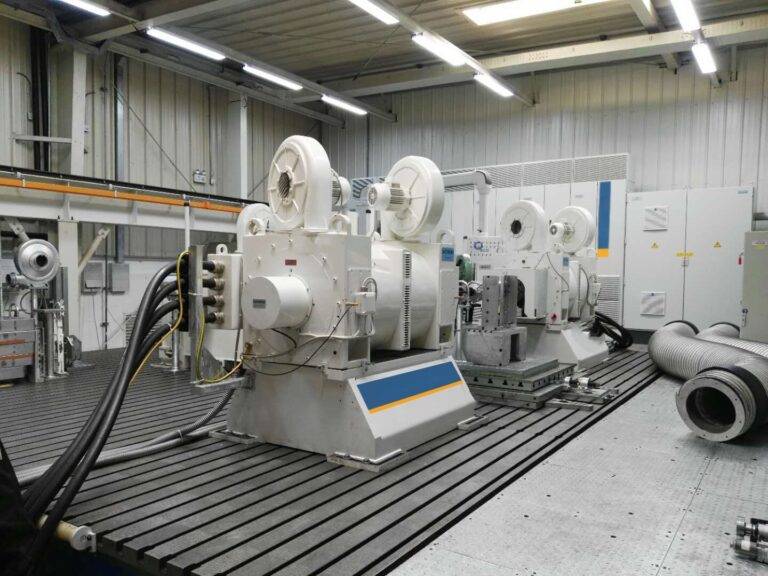
The AC dynamometer used for engine testing consists of an asynchronous AC induction dynamometer, which paired with a 4Q-frequency converter cabinet, providing a specialized solution for evaluating dynamic, moreover transient engine applications with high precision.
When coupled with additional accessories, this system ensures professional-grade testing capabilities, making it ideal for both current and future generations of combustion and hybrid engines.
This dynamometer series strikes an ideal balance between total cost of ownership and performance.
By combining reliable, proven components with innovative designs, it offers excellent power coverage across various performance classes. This means fewer types of test equipment are required, resulting in greater flexibility and cost-efficiency. Its advanced torque-to-inertia ratio makes it perfectly suited for testing the latest engine technologies.
The frequency converter cabinet includes a high-speed interface to the controller, enabling rapid torque changes that simulate real vehicle load transitions.
High-precision torque and speed monitoring ensure repeatable and reliable load conditions, moreover essential for accurate engine testing. This design supports continuous operation, guaranteeing optimal test equipment efficiency and allowing for quick progress in engine development.
A key feature of this AC dynamometer series is its exceptional range of speed and torque capabilities. In addition Each unit is designed to handle a wide array of testing scenarios, which becomes even more effective when paired with a gearbox. This versatility enables users to achieve both high nominal torque and the required speeds for comprehensive testing, making it ideal for applications such as gearbox performance evaluation, drivetrain efficiency analysis, and durability testing.
Its flexibility makes the AC dynamometer series an essential tool for engineers and researchers across various industries.Furthermore, this AC dynamometer is especially suited for testing axles and drivetrains in heavy-duty machinery applications. It is capable of supporting tests for a wide range of equipment, In addition including tractors, graders, bulldozers, compactors, excavators, articulated dump trucks, and loaders. With its powerful torque and speed capabilities, this dynamometer series ensures that heavy machinery can be rigorously tested under real-world conditions, helping to enhance performance, durability, and overall reliability in the field.
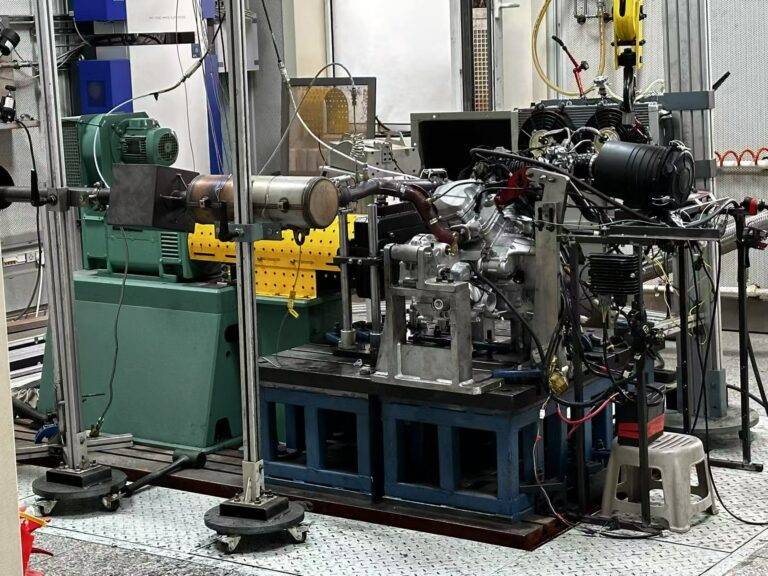
When choosing a AC dynamometer test bench, consider the following factors:
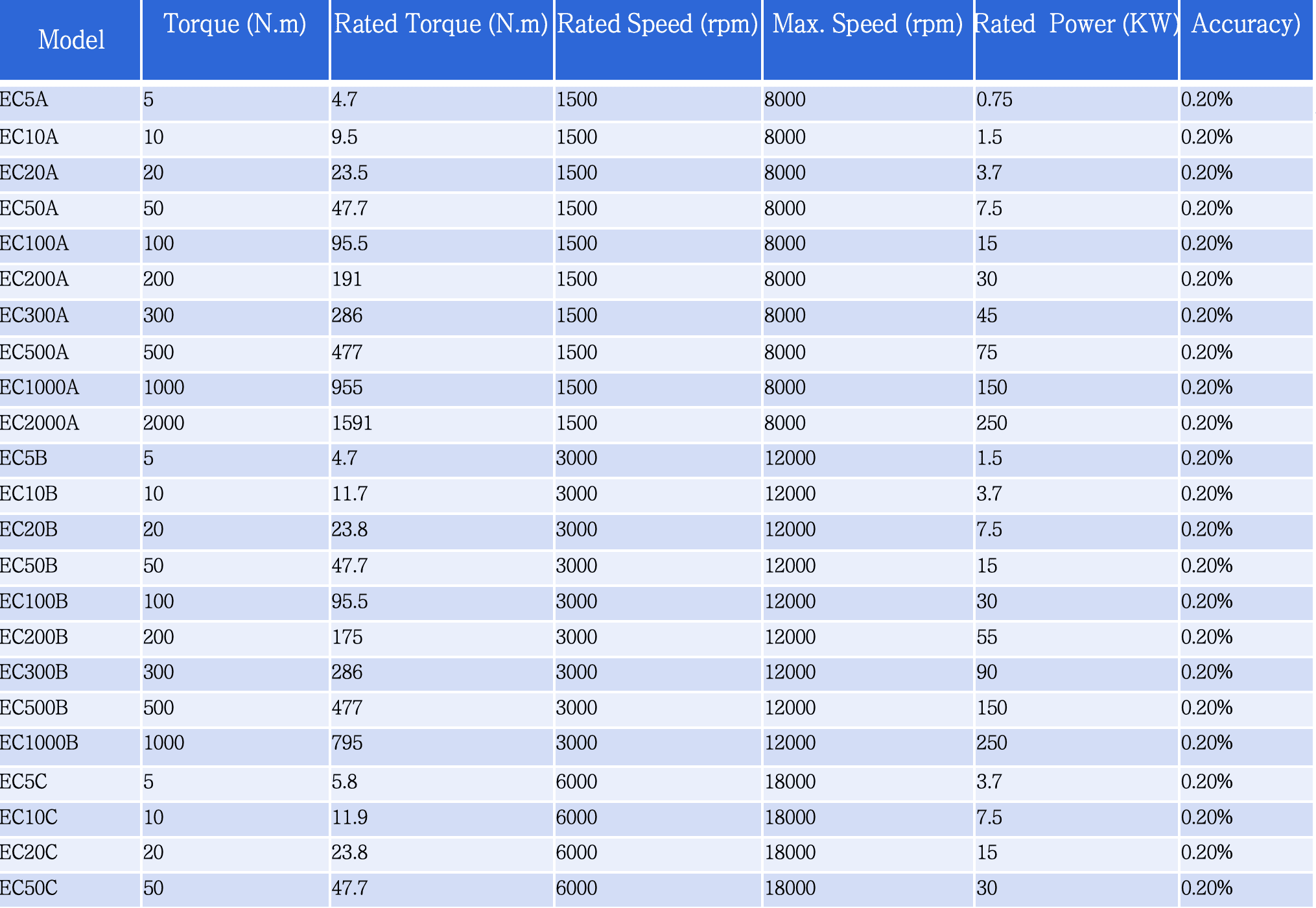
A motor test bench can be used to test various types of electric motors, each with its own set of testing requirements. The primary types of motors that can test on these benches include:
1. AC Motors (Alternating Current Motors):
Test Bench Capabilities: AC motor test benches can measure parameters like power, torque, speed, efficiency, power factor, and current/voltage characteristics under various loads and conditions.
2. DC Motors (Direct Current Motors):
Test Bench Capabilities: DC motor test benches can measure current, voltage, speed, torque, power, and efficiency, with specific testing methods for both brushed and brushless configurations.
3. High-Speed Motors:
Test Bench Capabilities: High-speed motor test benches designe to measure the motor’s performance at high rotational speeds, including vibration analysis, noise levels, and efficiency at varying speeds.
4. Stepper Motors:
Test Bench Capabilities: These test benches are using to test the accuracy, torque, speed, and precision of stepper motors, ensuring they meet specific requirements for movement control.
5. Synchronous Motors (AC and DC):
Test Bench Capabilities: Synchronous motors require precise control of speed and torque, which is typically tested under varying load conditions to verify stability and efficiency.
6. Universal Motors:
Test Bench Capabilities: A motor test bench for universal motors will test performance under both AC and DC inputs, checking for speed, torque, and power consumption.
7. Servo Motors:
Test Bench Capabilities: Servo motor test benches allow testing of dynamic response, position control, speed control, and torque output under controlled loads, providing data on the motor’s performance in closed-loop systems.
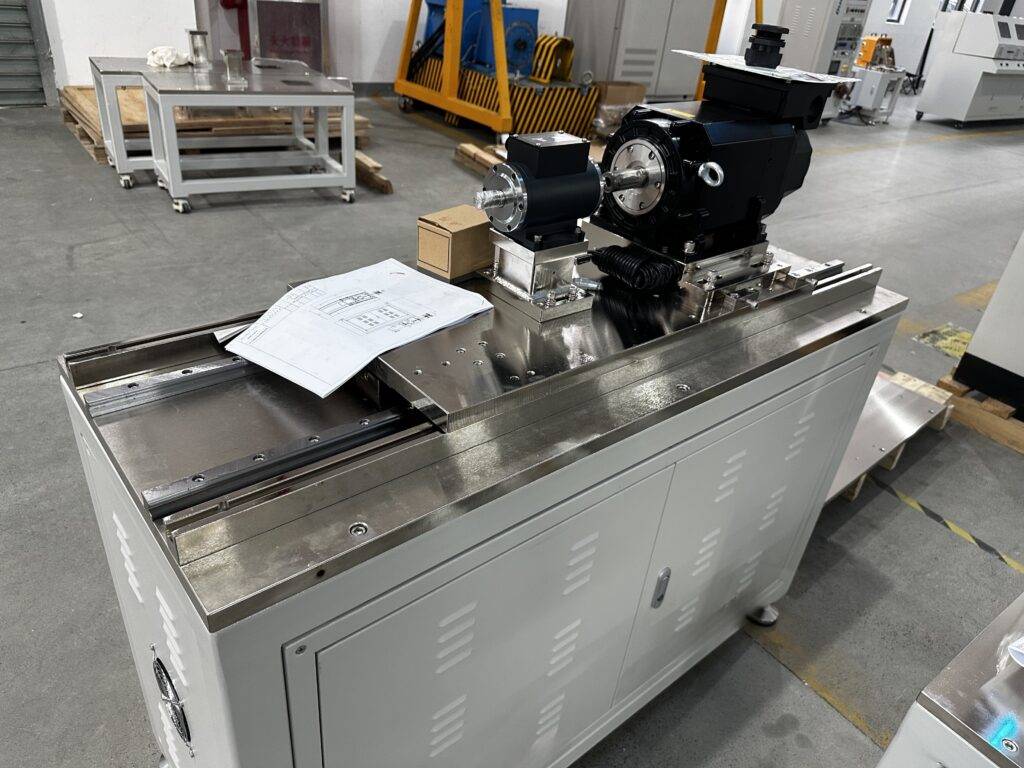
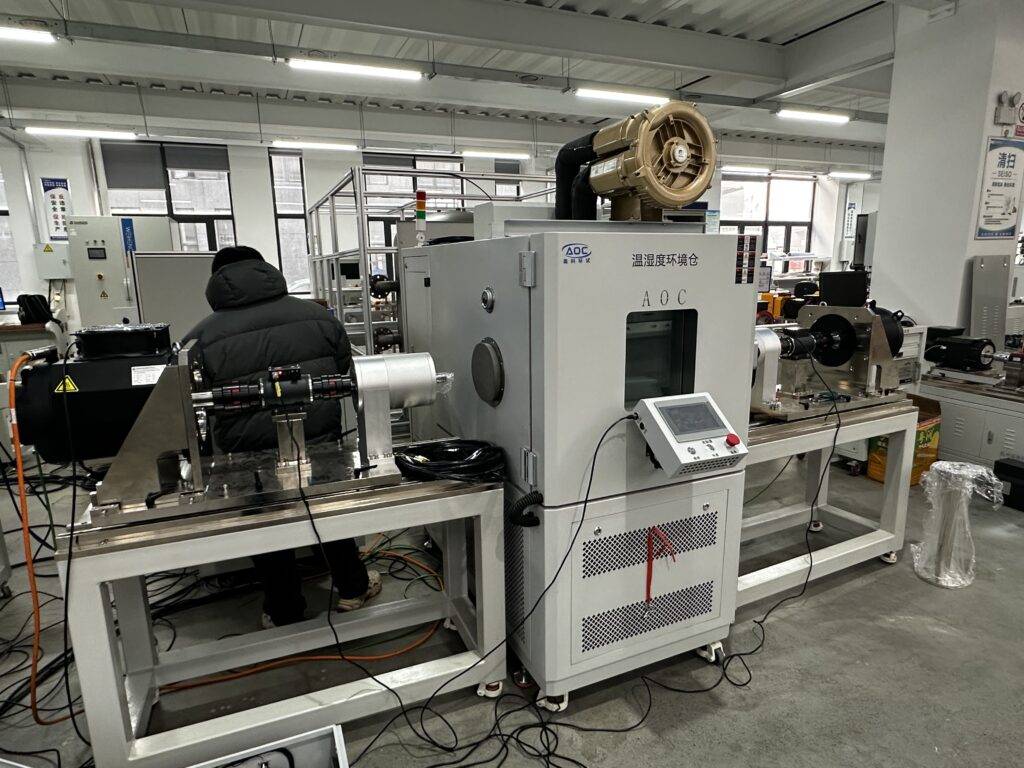
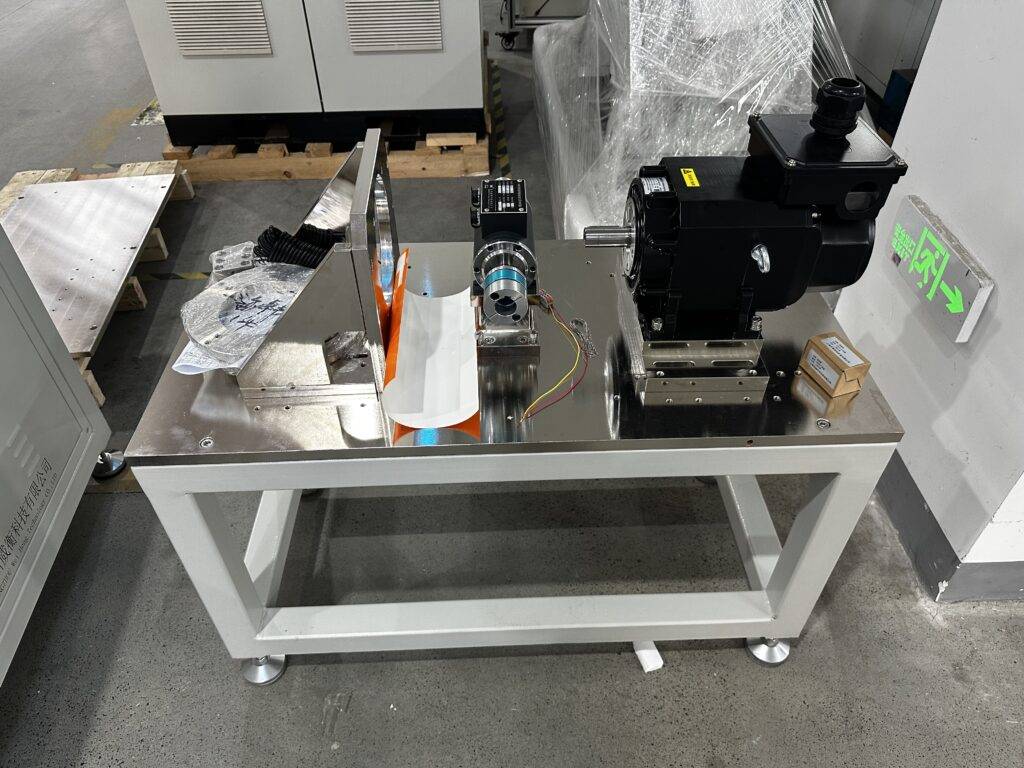
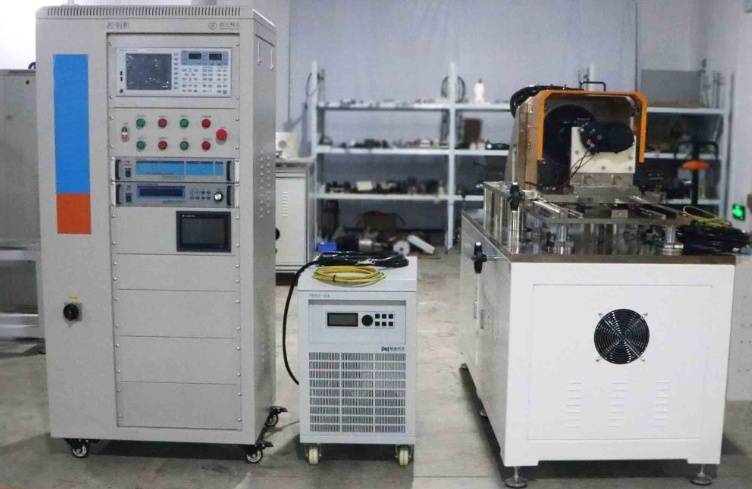
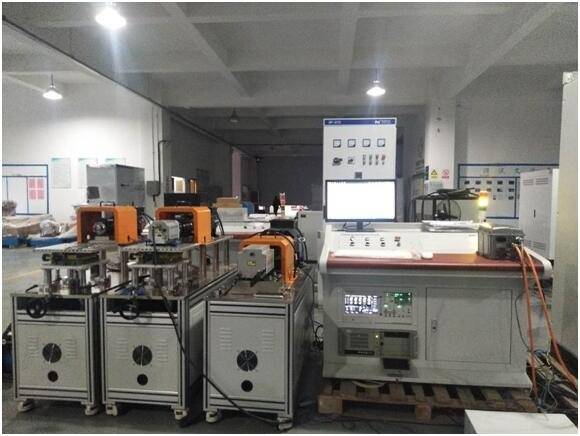
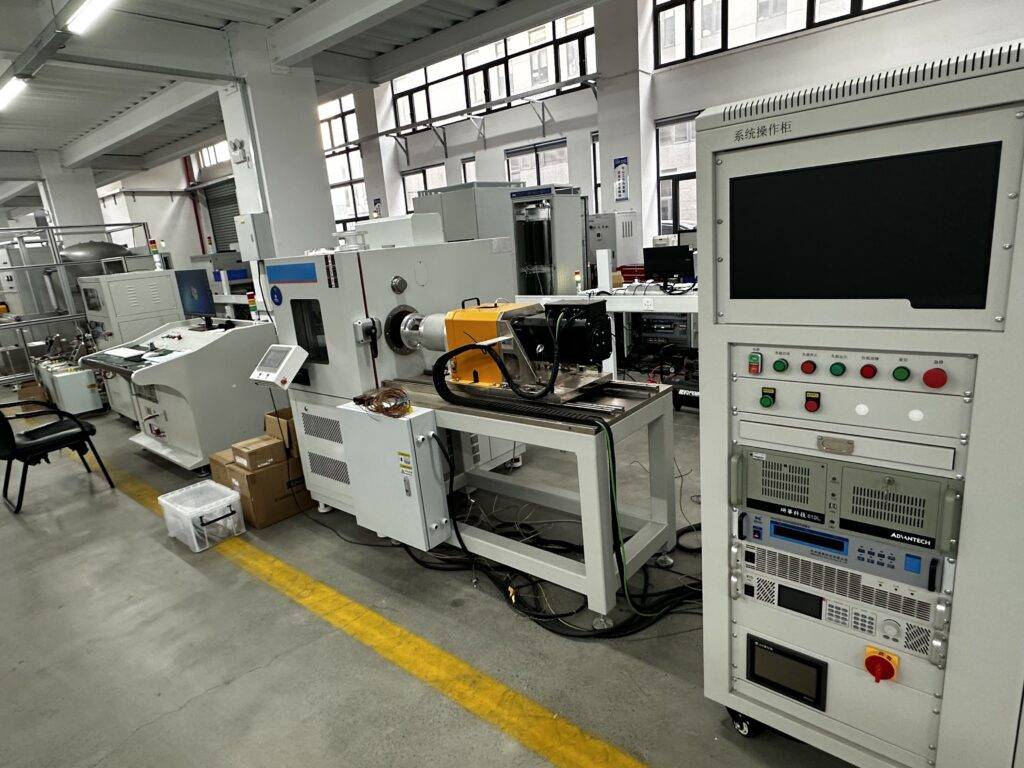
For any questions or support, please reach out via email at [email protected].
We aim to respond promptly.
Need immediate assistance? Call us at +86 156 1877 0706.
Our team is ready to assist you.
We welcome you to visit our office located at 3F, Building 2, NO.511 Xiaowan Road, Fengxian, Shanghai, China.
Let's discuss your needs in person.

© 2025 Shanghai EconoTechnology Co., Ltd. All rights reserved.
Empowering innovation through reliable testing solutions.